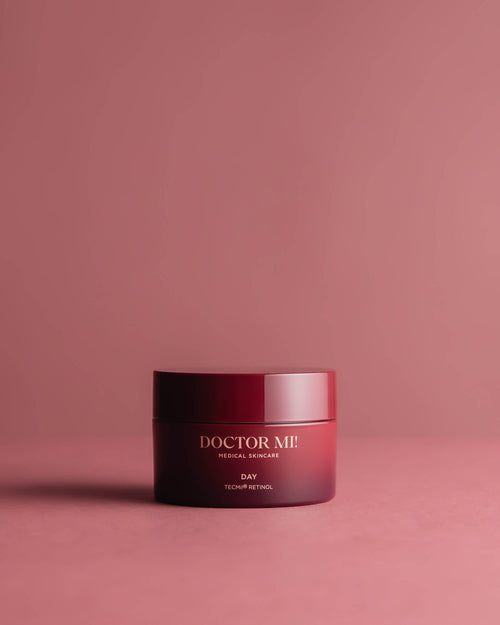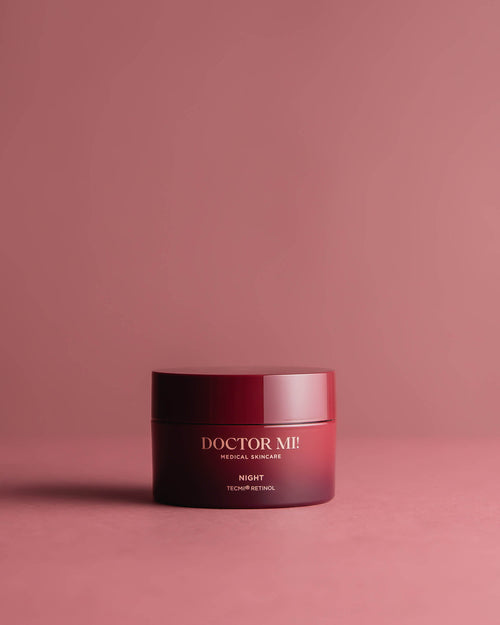Reduce stress in everyday life:
The best tips
Stress is not just stress: Whether the job causes stress, too many commitments in leisure time, or difficulties in interpersonal relationships – body and mind react differently to strains. There is also "positive" stress, which is enjoyable and provides more energy than it demands. Some people are even more productive under stress.
Negative stress, however, can cause long-term health damage, which is why it is important to free yourself from stress-inducing situations and reduce stress factors. Below you will find the best tips for less stress in your everyday life.

Due to evolution, stress puts your body on high alert. It triggers certain processes in the body, such as an increase in heart rate, blood pressure, and blood sugar levels. What initially means more energy and more efficiency – in the situation where stress arises, so it can certainly be beneficial – poses problems in the long term. If the concentration of stress hormones remains high over a long period and thus the body is essentially constantly on alert, this has negative effects on metabolism and digestive organs, promotes inflammatory processes, and weakens the immune system. Therefore, those who do not effectively counteract stress risk serious illness. Initially, this usually manifests as tension, especially in the head and neck area, but also in the back. Stomach pain or intestinal irritation may occur, and sleep and eating disorders up to depression can be the consequence. Therefore, the rule is: stress is allowed, but it must also stop again – balance, relaxation, recovery, and switching off are important.
A distinction can be made between short-term and long-term stress reduction. In the short term, the goal is to ease and leave stressful situations. Long-term anti-stress measures, on the other hand, serve to achieve a generally better balance between stress and recovery – only this helps you counteract serious consequences. Exercise in the fresh air, sports, and relaxation sustainably reduce stress – which variant works better varies individually. Therefore, it is important that you find your personal balance, where you manage to switch off, recover, let off steam, exhaust yourself, and find yourself again.
Below you will find a few simple tips that can help you counteract negative stress quickly and efficiently – and that can also be easily put into practice.
Tip 1: Digital Detox
One of the main factors for stress today is digital in nature: flooding, omnipresence, complexity – digitalization of our lives causes an increase in stress levels for both young and old. This was shown by a study from the University of Augsburg and the Fraunhofer Institute. Flooding and omnipresence can be very efficiently countered by oneself: through Digital Detox. The term has become established for conscious breaks from smartphones, the internet & co. – so sometimes put the phone away and leave the computer turned off, and instead devote yourself to yourself, your loved ones, or a good book.
But beware: Set a conscious time limit for your breaks – because if you feel like you're missing out on something, that can also turn into stress.
Tip 2: Change the perspective
Stress is generally negatively connoted. However, the body is actually designed so that the alertness we experience with stress awakens our survival instinct – thus having a very positive effect. Take advantage of this and use the released energy to tackle your tasks. Because your concentration, creativity, and attention also increase with rising stress levels. Science also confirms this: the more positively the stress factor is viewed, the less cortisol levels rise in the body. This was shown by a study from Stanford University. It is therefore easier to escape the stressful situation again – healthier for you and your body.
Tip 3: Smile
Not just a phrase: Laughter is healthy! And it can reduce stress: Smiling sends a positive signal to our brain – it makes us more efficient, boosts creativity, and helps us learn more easily. Therefore: Smile! Think of something beautiful you have experienced, something you are especially looking forward to, or something that made you happy in the past. Look at yourself in the mirror and smile at yourself, or smile at the people you meet on the street. The happiness hormones released in the process help sustainably reduce stress and counteract it efficiently.
Tip 4: Breathe
The pause button you sometimes wish for: Take two sets of ten deep breaths consciously – try not to think about tomorrow, later, yesterday, experiences, the past, or the future, but focus on the here and now. What sounds do you hear? What smells do you perceive? How does the environment you are in feel? These breaths are like a short break for your mind and brain – they help your thinking to catch its breath and reorganize.
Tip 5: Sing
The regulation of automatic processes in our body – such as breathing, heartbeat, and digestion – lies in the autonomic nervous system. Within this system, two antagonists ensure the optimal functioning of these processes, namely the sympathetic and parasympathetic nervous systems. While the former becomes active when we are under stress and pressure, the latter provides the counterbalance, namely calm and relaxation. When singing and the deep inhaling and exhaling that occurs during it, this system is precisely activated: the pulse slows down, blood pressure decreases, the body relaxes – and the stress level drops.
Tip 6: Wellness breaks at home
A wellness hour can work wonders when it comes to reducing stress. It doesn't necessarily require trips to a wellness oasis with peat baths, massages, facial treatments, and mud packs. Although these certainly have their absolute justification and desirable effects, they are usually not always feasible in everyday life between work and private life. Feel-good time is also possible within your own four walls. For example, I like to advise not to see my recommended morning and evening care routines as a necessary evil, but as care time – and not just for the skin, but for overall well-being.
Those who take care of themselves during their morning routine, consciously perceive this time and use it for themselves – whether for reflection, mindfulness exercises, or simply to ponder – start the day consciously and relaxed. Those who use their evening routine after a tiring day both for their care and to review the day, let go of stress, and clear their mind, have the chance to go to bed more carefree and organized and can hope for a restful sleep.





